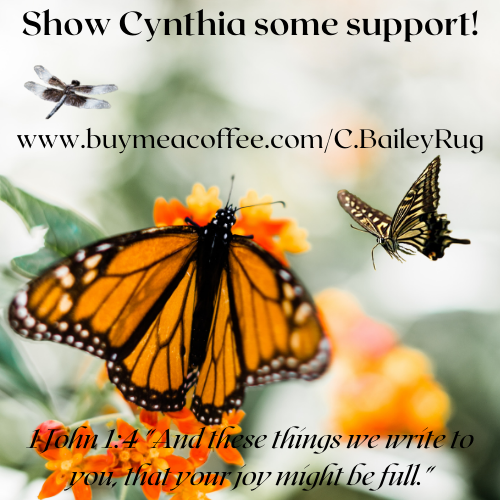When someone has experienced ongoing trauma, it affects our mind & body. Today, we will explore some of the common physical symptoms that victims of abuse may experience after trauma.
Keep in mind each individual’s experience with trauma is unique, & not everyone will exhibit the same symptoms. They also may vary in intensity & duration.
One of the most unsettling physical symptoms that victims of ongoing trauma often experience is a rapid heartbeat. This is a result of the body’s natural response to stress. When faced with trauma, our sympathetic nervous system goes into overdrive, triggering the release of stress hormones like adrenaline. This surge in hormones heightens our senses, preparing us to protect ourselves. However, after the danger has passed, the body may struggle to return to a calm state, leading to a prolonged rapid heartbeat.
Alongside a racing heart, victim may have trouble regulating their body temperature, oscillating between sweating & chills. It’s as if hot flashes & cold shivers are vying for dominance. This dysregulation of body temperature is closely linked to the dysregulation of the autonomic nervous system, which governs our body’s involuntary functions. Trauma disrupts this delicate balance, often leaving victims to grapple with temperature dysregulation.
High blood pressure, another common physical symptom after ongoing trauma, can feel like an invisible straitjacket tightening around your chest. The body’s trauma response triggers a surge in blood pressure to prepare for fighting the perceived threat. However, when trauma is a constant companion, this heightened blood pressure can persist. Over time, this can lead to serious health problems, such as heart disease & stroke.
Headaches often take up residence in the lives of trauma victims. These headaches can arise from various sources, including muscle tension, anxiety, & changes in blood flow. The constant state of hyper-vigilance that trauma survivors find themselves in often leads to muscle tension, particularly in the neck & shoulders, which can trigger tension headaches. The persistent stress & anxiety resulting from trauma also can cause blood vessels in the brain to constrict, leading to vascular headaches.
Tremors, the uncontrollable shaking of the body, often arise from the lingering hyper arousal state that trauma victims experience. When the sympathetic nervous system remains on high alert for a long time, the body becomes flooded with stress hormones, causing muscle tension & tremors. These tremors can range from mild to severe.
Sleep becomes an elusive dream for many victims of trauma. Insomnia, the inability to fall asleep, not being able to stay asleep, & nightmares become unwelcome bedfellows. Trauma disrupts the delicate balance of our sleep wake cycle. Vivid & haunting nightmares can replay traumatic events or trigger emotions similar to ones experienced during trauma. The lack of quality sleep perpetuates a vicious cycle of fatigue, weakness, & emotional turmoil.
Fatigue naturally accompanies ongoing trauma. The body, perpetually on high alert, expends copious amounts of energy surviving trauma then navigating the complex aftermath. The exhaustion that ensues is not merely physical but also emotional & mental. Trauma requires immense strength to survive it then to cope with the harrowing memories.
Accompanying fatigue is a feeling of being drained, both physically & emotionally. This weakness manifests itself not only in physical form but also in victims’ ability to trust & engage with the world around them.
These physical symptoms can manifest immediately after trauma or persist long after the event has passed. They are the body’s way of communicating the profound impact that trauma has had. Understanding these symptoms is crucial not only for victims but also for those who support & care for them.




You must be logged in to post a comment.